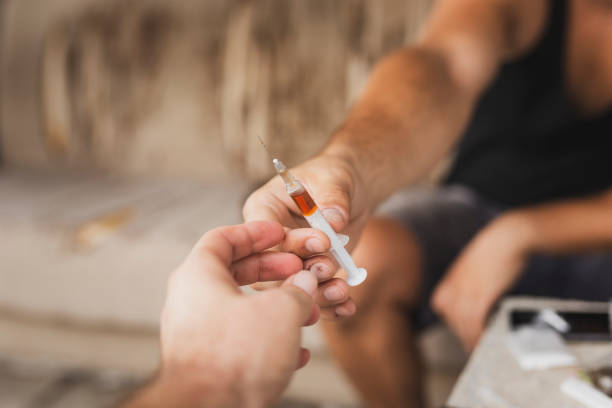LSD (lysergic acid diethylamide) has shown significant promise in the field of mental health treatment, with growing research exploring its potential as a therapeutic tool. Although controversial due to its association with recreational drug use, modern studies suggest that LSD may offer profound benefits for various psychological and emotional conditions.
One of the primary areas of interest is LSD’s potential to treat depression and anxiety, particularly in cases resistant to conventional therapies. By facilitating profound introspective experiences, LSD can help individuals confront deeply rooted emotions and traumas.If you want to buy LSD in USA Online you can contact us Feel free to order at anytime. Clinical trials have shown that, when administered in a controlled setting, LSD-assisted therapy can reduce symptoms of anxiety and promote emotional healing.
Another promising application is in treating post-traumatic stress disorder (PTSD). LSD’s ability to disrupt patterns of negative thinking and enhance emotional openness can help patients process traumatic memories in a safe and constructive way. Similarly, it has been explored as a tool for addiction treatment, particularly for alcoholism. Studies have found that LSD sessions can lead to sustained reductions in alcohol misuse, likely due to the drug’s capacity to promote self-awareness and motivation for change.
LSD’s effects on the brain—particularly its interaction with serotonin receptors—are thought to underlie its therapeutic potential. By temporarily dissolving the ego and reducing activity in the brain’s default mode network, LSD fosters a sense of interconnectedness and facilitates emotional breakthroughs.
While the results are promising, challenges remain. The psychedelic experience is highly unpredictable, and its success relies heavily on the context in which it is used, often referred to as “set and setting.” Additionally, regulatory restrictions have limited large-scale research.
Despite these hurdles, the renewed interest in LSD-assisted therapy marks a hopeful step toward expanding treatment options for mental health conditions, potentially revolutionizing psychiatric care in the future.
